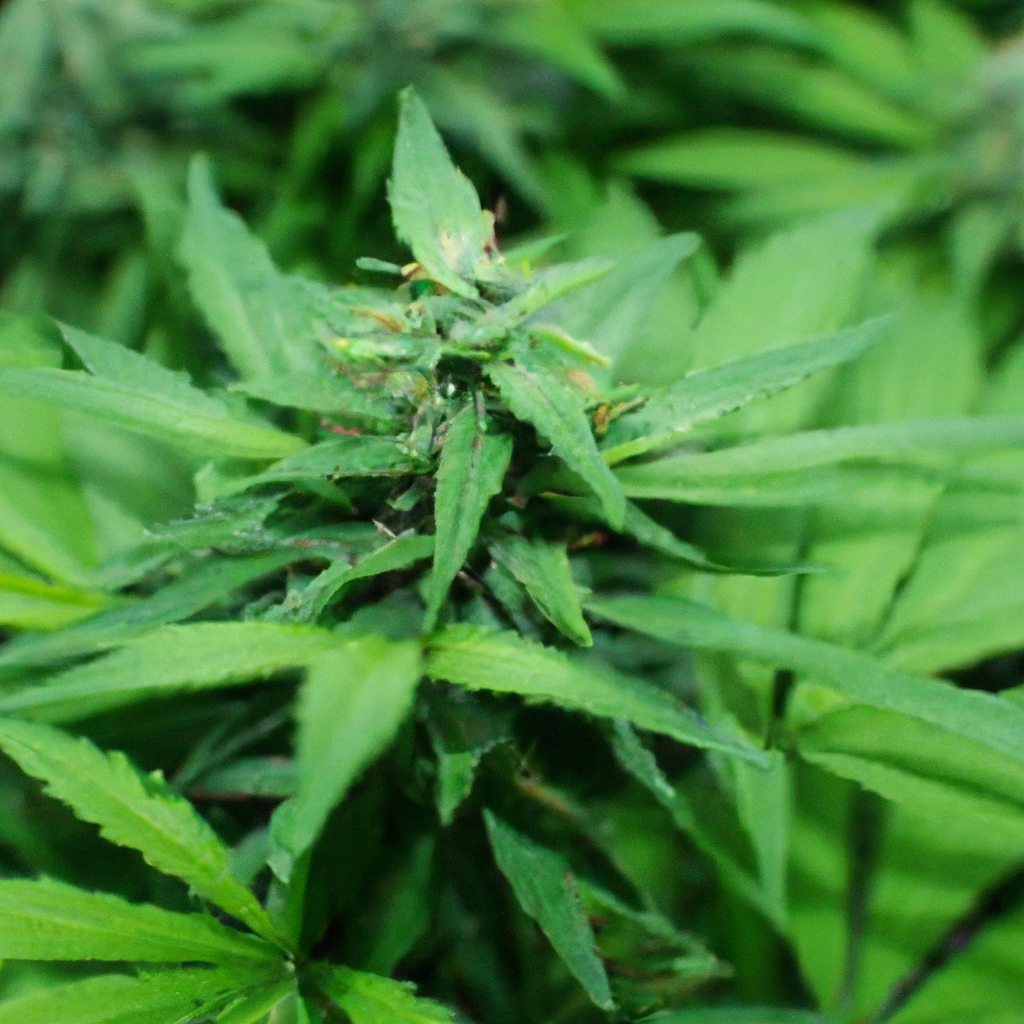Your cart is currently empty!
Organic cannabis cultivation is a method that fosters natural growth using eco-friendly practices, benefiting both the environment and the final product’s quality. This guide explores essential techniques in organic cultivation, focusing on natural fertilizers, composting, and sustainable pest control to ensure robust plant health.
Building a Thriving Soil Ecosystem
Healthy soil is the cornerstone of successful organic cannabis cultivation. By enhancing soil biodiversity, you provide the foundation for nutrient-rich growth. Here’s how:
- Composting: Utilize kitchen scraps, yard waste, and manure to create organic compost. This enriches the soil by adding essential nutrients and promoting beneficial microorganism activity.
- Cover Cropping: Plant cover crops like clover or rye to improve soil structure and fertility. They help fix nitrogen, prevent erosion, and enhance microbial diversity, ultimately promoting a vibrant growing environment.
- Mulching: Apply a layer of organic mulch such as straw or wood chips to maintain moisture, decrease weeds, and gradually enrich the soil as it decomposes.
Nurturing Growth with Natural Fertilizers
Avoid synthetic chemicals by opting for natural fertilizers that support plant health sustainably:
- Bone Meal: An excellent source of phosphorus and calcium, crucial for robust root development and flowering.
- Fish Emulsion: High in nitrogen, fish emulsion is ideal for vegetative growth stages, boosting overall plant vigor.
- Alfalfa Meal: Provides essential nutrients like nitrogen, phosphorus, and potassium. It also contains growth hormones that support healthy growth cycles.
Eco-Friendly Pest Control Solutions
Maintaining an organic grow means employing sustainable pest control methods to protect your plants naturally:
- Beneficial Insects: Introduce ladybugs, lacewings, or predatory mites to manage pest populations like aphids and spider mites.
- Neem Oil: A staple in organic pest control, neem oil disrupts pest life cycles while remaining safe for plants and beneficial insects.
- Companion Planting: Grow plants like marigolds or basil near cannabis; they naturally repel pests and attract beneficial pollinators.
Benefits of Organic Cannabis for Consumers and the Environment
Choosing organic cultivation strategies has multifaceted benefits:
- Environmental Impact: Organic methods reduce the reliance on synthetic chemicals, preserving local ecosystems and promoting biodiversity.
- Product Quality: Cannabis grown organically often has a richer terpene profile, providing more flavorful and aromatic experiences for consumers.
- Consumer Health: Organic cultivation processes produce cleaner, safer products, free from chemical residues, offering peace of mind to health-conscious users.
Conclusion
Organic cannabis cultivation enriches the soil and environment while producing superior quality plants. By leveraging composting, natural fertilizers, and eco-friendly pest management, growers can achieve sustainable success. Embrace these practices to benefit both the Earth and the end consumer, fostering a harmonious relationship with nature.
Discover more from Magic Clones
Subscribe to get the latest posts sent to your email.


Leave a Reply